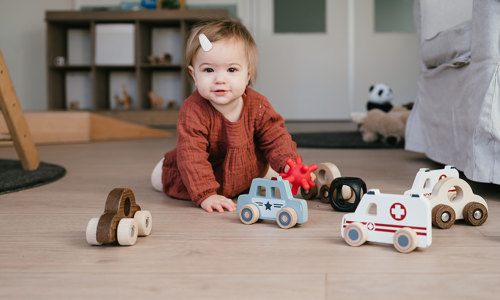The expert in child development
Find a branch near you
CompaNanny childcare
We are CompaNanny childcare. We have been the expert in child development for 20 years due to our mindful working method, our well-trained Pedagogical Employees and our additional services to give parents peace of mind. Everything we do, we do from our own, well-thought-out pedagogic vision, in which the needs and development of the child are our main focus. With more than 50 branches in the Netherlands, there is always a CompaNanny Daycare, After-School Care or Kindergarten near you!

Why CompaNanny?

Our working method
At CompaNanny, we work with a well thought-out pedagogic policy. We use a mindful working method in which we focus on the needs of the child, conscious attention, indoor and outdoor play materials and our 7 pedagogical values.

Our Employees
A close-knit team of well-trained Pedagogical Employees, Assistant Managers and (Assistant) Branch Managers work at all CompaNanny branches. They are our experts who express and transmit our pedagogical values to the children.

Our services
We give parents peace of mind with our services. We offer extended opening hours, a parent portal, bilingual childcare and healthy hot meals. Our experts provide help or advice with parenting questions in the form of podcasts, blogs and webinars.